Community: The Secret to Stopping Deforestation in Guatemala
The forest concessions of the Maya Biosphere Reserve have boasted a near-zero deforestation rate for 20 years.
Home / Regions / Mesoamerica / Page 8
A full third of Mesoamerica is covered in lush forest, which serves as home to scores of Indigenous and local communities, iconic wildlife, archeological wonders, and abundant biodiversity. While agriculture is the backbone of the region’s economy, it also drives deforestation and climate change.
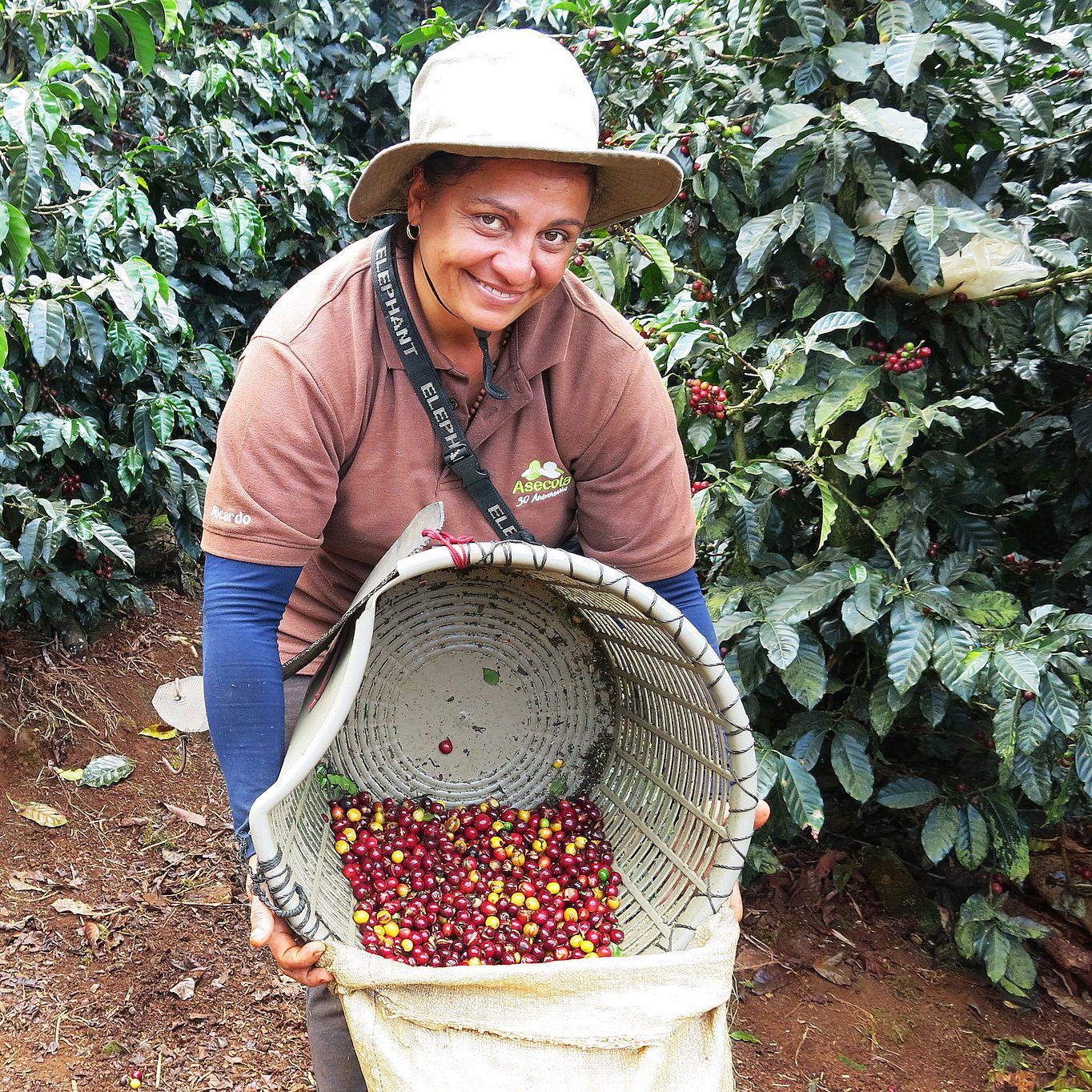
Prolonged droughts and frequent hurricanes are making it harder for farmers in Mesoamerica to make a living. A lack of access to international buyers and government support compounds the problem, leading some farmers to cut down forests for more cropland, while others migrate elsewhere in search of better opportunities.
Our community forestry work in the Selva Maya is recognized around the world as a stunning success for people and nature. We also work with certified farmers on producing crops like coffee, cocoa, and fruits sustainably.
Through our certification program, we work to improve the sustainability of 61,443 smallholder farmers, 233 farm groups, and almost 3,000 large farms across 700,000 thousand hectares. Almost half a million workers benefit from these efforts.
Data through 2023.
We worked with community forestry businesses to improve their conservation practices while achieving US$53 million in sales of forest products from 2013 to 2023. As a result, the communities conserved one million hectares of forest.
We always start by listening. We work with farmers and forest communities to develop solutions to their specific challenges—which range from a lack of investment and business skills to poor soils and droughts. Our agricultural certification program supports farmers and workers, while our forest work helps both forests and communities thrive.
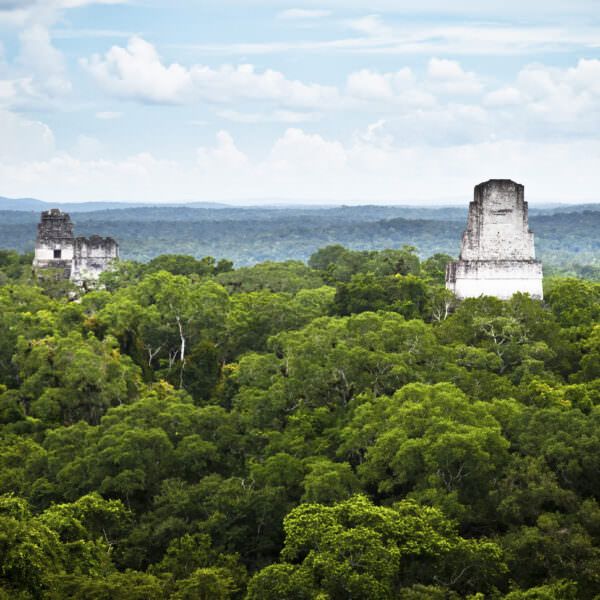
The forest concessions of the Maya Biosphere Reserve have boasted a near-zero deforestation rate for 20 years.

We worked with eight indigenous coffee-farming communities in Chiapas to build skills in fire prevention, business skills, and health and nutrition.
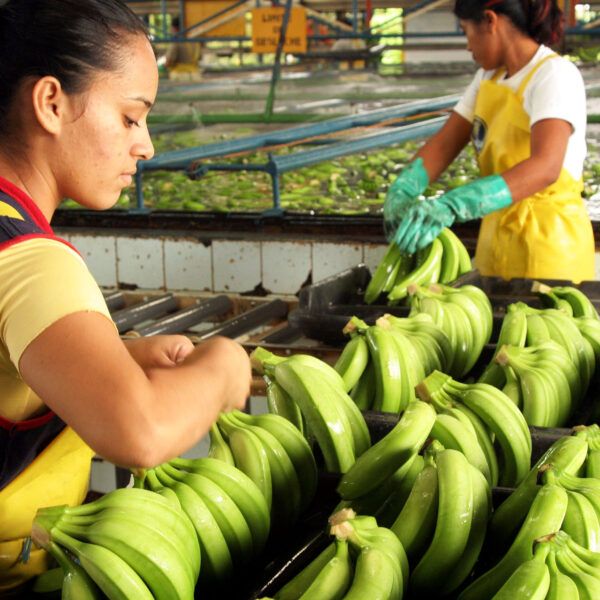
Rich biodiversity? Check. Well-treated workers? Check. Prepared for climate events? Check. Costa Rica's banana industry has a long history of worker abuse and environmental destruction—but these certified farms are proving there's a better way.
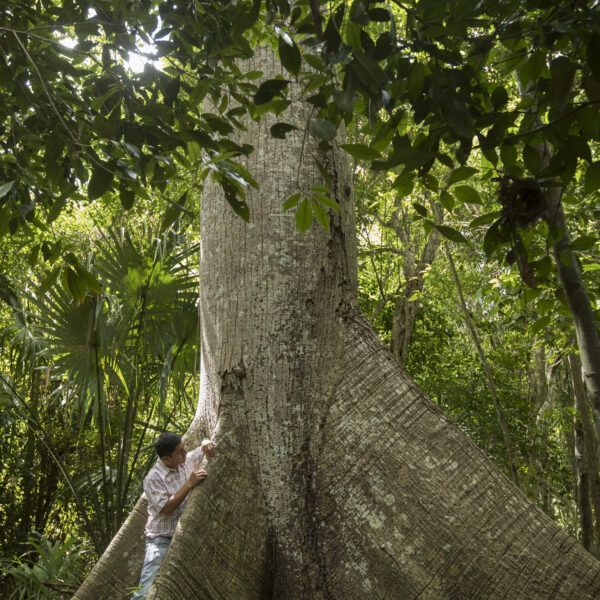
We are working to grow Mexico’s domestic market for sustainably produced products.

The government of Guatemala, through the Honorable National Council of Protected Areas (CONAP), has granted a 25-year extension to the community-managed forestry concession of Carmelita.

Mark Moroge, the Rainforest Alliance's Latin America Director, spoke with Rhod Sharp on BBC Radio 5 Live “Up All Night” to share the incredible success story of the forestry concessions in Guatemala's Maya Biosphere Reserve.

The Maya Biosphere Reserve in Guatemala is a deforestation hotspot, but there is a large swathe where the rate has been near zero since 2000.
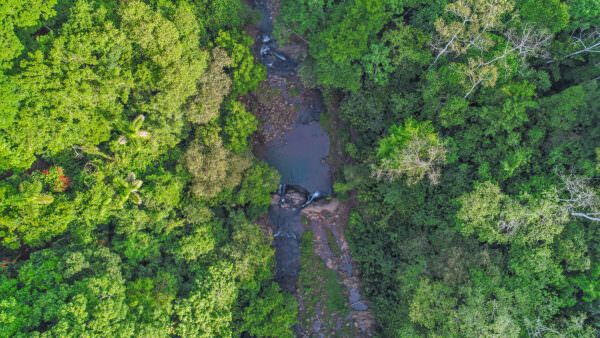
This farm doesn't just grow bananas–it's producing biodiversity, fresh air, and stronger soils.... Continue Reading
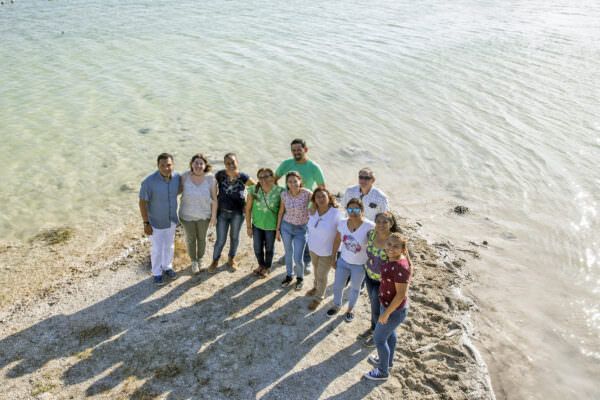
We're working with teachers and students to strengthen sustainable tourism education in Mexico's Riviera Maya.... Continue Reading

The Rainforest Alliance, IDH-Sustainable Trade Initiative, and private entities in the banana sector collaborated on an evaluation of the social and environmental practices on Rainforest Alliance Certified banana farms in Costa Rica and Belize. The study was carried out in 2018 and analyzed wages, benefits, and workers’ rights; occupational health; and safety on a sample of seven […]